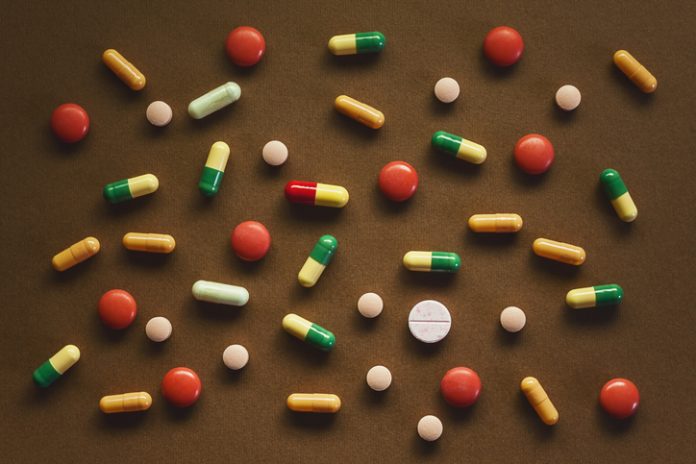Research from the University of South Australia has shown that antipsychotics can be reformulated with a coating that not only mitigates unwanted weight gain but boosts serotonin levels by 250 per cent.
Funded by the Hospital Research Foundation (THRF) Group, researchers specifically tested Lurasidone, a drug used in the treatment of schizophrenia and bipolar depression, finding that the new coatings target the gut microbiome to improve drug absorption by 8-fold, while concurrently overcoming common side effects such as weight gain.
Lead researcher UniSA’s Dr Paul Joyce says microbiota-targeting microcapsules have the potential to improve treatment outcomes of mental health medications.
“Most patients suffering from schizophrenia or bipolar disorder are prescribed a range of antipsychotic medications, which trigger significant adverse effects by disrupting the gut microbiome – the microbial ecosystem that naturally colonises the gut,” Dr Joyce says.
“The most notable side effect is weight gain, with many patients often seeing increases of between 10-15 per cent of their body weight after just three months of treatment.
“Because the gut microbiome plays a major role in regulating overall health, especially mood and cognition, the detrimental impact of these medications on the microbiome often makes them counterproductive.
“Instead of improving mood and cognition, the medication leads to a cascading cycle of poor mental and metabolic health as patients now struggle with excess weight and mental health issues.
“To make matters worse, most antipsychotics need to be consumed with food to maximise their effect. Yet for a very vulnerable patient population, ensuring this happens is challenging, with most patients gaining suboptimal drug levels.
“Clearly, new strategies are needed to eliminate side effects and the need for these medications to be taken with food – and that’s exactly what we’ve achieved with the drug Lurasidone.
“This research shows that when antipsychotic drugs are formulated with our new smart core-shell microparticles, drug absorption increases, mitigating the need for the medication to be consumed with food, while also boosting the diversity and abundance of the gut microbiome to overcome common side effects, such as weight gain.
“Importantly, because we are not developing new drugs, rather reformulating them, the new therapies can be fast-tracked for clinical use, so we could expect them within the next few years rather than the 10-15 years needed for new drug molecules to be approved by regulatory bodies.”








